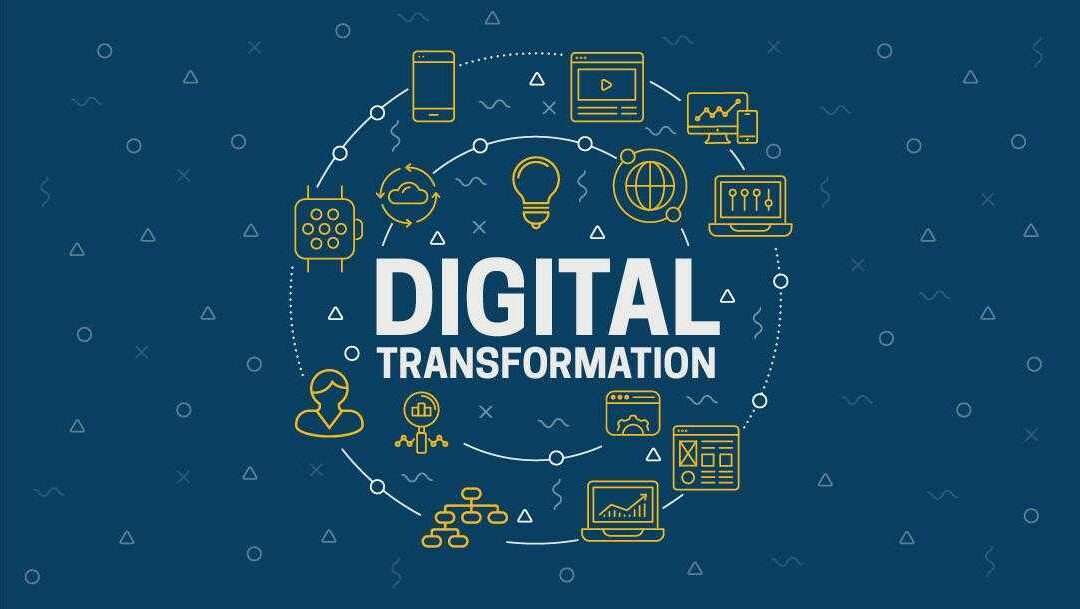
Could you imagine if you had to read every single volume of the Encyclopedia Britannica? Furthermore, could you imagine having to narrow all of those voluminous volumes down to a single book? Sure, you’d be a walking repository of fun facts and universal truths, but you’d never complete the task. Many companies ask the same of their enterprise data infrastructures regularly.
Data integration is the process of extracting and transforming data from numerous sources, enabling data analysts and business users to access all of their data on a unified dashboard. Application integration is one of the most prominent integration processes and is integral to businesses that have different apps that contain valuable data and don’t communicate. In this piece, we’ll explain a little about application integration processes and the engineers behind them.
What is Application Integration?
As you know, businesses have many different applications they run to support critical business operations. These individual applications all use much of the same data but for different purposes. Furthermore, some applications have features and functions that others are missing. Application integration enables companies to integrate data, functions, and features from apps, essentially allowing them to customize their applications using functions from others.
One of the greatest things about application integration is that it enables data to transcend data silos. Data silos form when data sources have different formats and functions and are therefore unable to share insights. Application integration enables data scientists to implement business rules that enable the formatting and sharing of data between silos.
What Does an Application Integration Engineer Do?

To underscore the importance of application integration and data formats, imagine if each individual in the human population had a critical piece to the puzzle of humankind’s existence, but we couldn’t communicate because of distance and language. Application integration would be the act of countries coming together for common functions and to share language, technology, and culture.
It would take an extraordinary person or team to coordinate such a large effort. Those people would be the application integration engineers of the process. Through this integration process, countries would go from being data silos to nodes on a neural network, sharing their secrets of human existence for the common good.
The application integration engineer would have the job of deciding on the optimal language for the world’s population to share. They would also have the hard task of deciding what information from which people would make it into their “World Report on Human Existence.” Finally, these engineers or teams of engineers would have the task of explaining to world leaders how to use the insights in the report to optimize their operations.
What Level of Education must Application Integration Engineers Have?

Like most jobs in the data science field, you need at least a bachelor’s degree to become an integration engineer. As part of your degree program, you’ll learn about different integration solutions like data virtualization and ETL. You’ll also learn how to manage data integration, analyze business data, and handle all the complexities that come with being a computer scientist.
Data integration is one of the most critical business intelligence processes. Companies invest a lot of time and money into bringing their legacy systems into the now. Furthermore, they use numerous enterprise applications that require the same data and need application integration for the easy sharing of data between enterprise applications and the integration of data into a single application.
As the use of vendor-managed software and big data increases, so will the need for data scientists to manage data integration and other critical BI processes. As you can see, you could have a bright career in the data science field.










